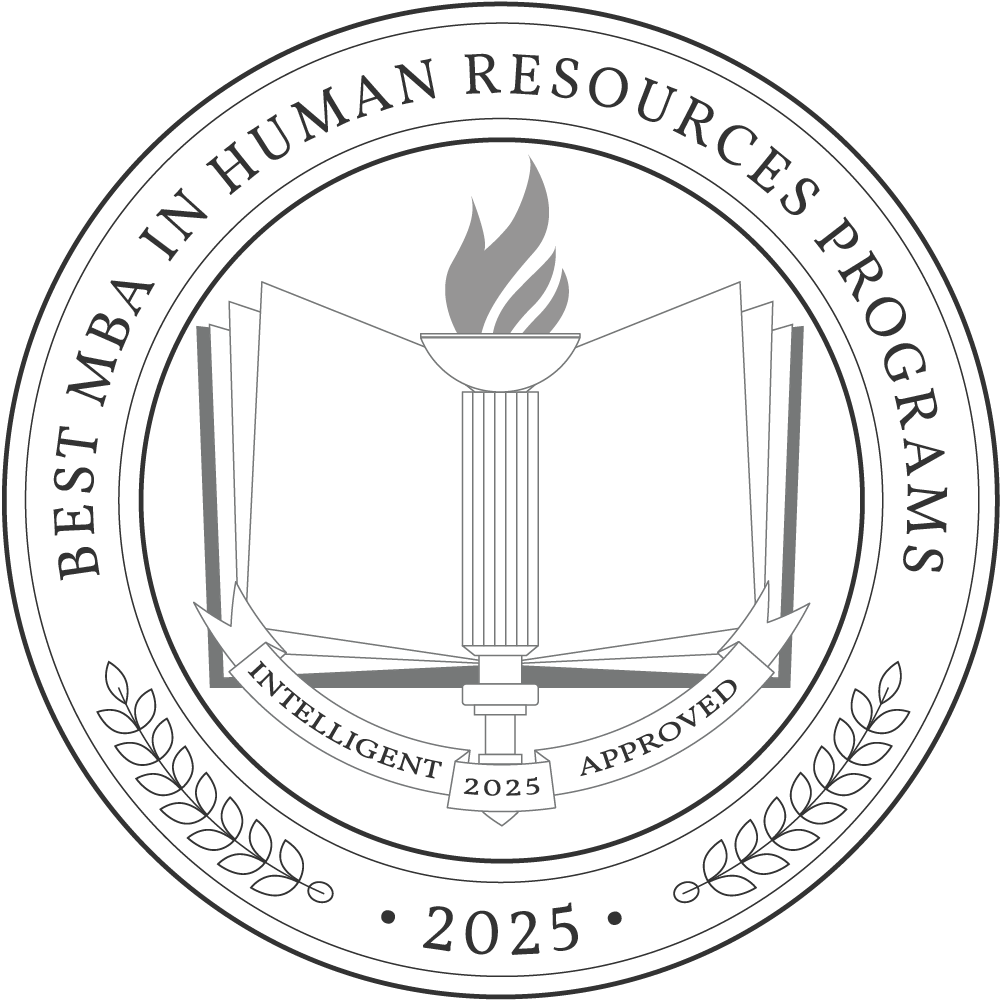Whether you’re aspiring to enter the field of human resources or are a current professional aiming to elevate your career, a Master of Business Administration (MBA) in human resources is an excellent choice for acquiring the management, organizational, and leadership skills needed to succeed in this field. These programs are designed to prepare students for high-paying, in-demand careers, with the Bureau of Labor Statistics reporting over 15,500 job openings each year in the field and median salaries reaching an impressive $130,000 in 2022.
Completing this degree requires 18 months to two years of full-time study, although many part-time programs are available to cater to students needing more flexibility. Considering the substantial return on investment through career advancement and increased salary potential, the average cost of these degrees was a manageable $19,749 for the 2020-2021 academic year.
Why Trust Us
The Intelligent.com Higher Education Team is dedicated to providing students with independent, equitable school and program rankings and well-researched resources. Our expert-driven articles cover topics related to online colleges and programs, paying for school, and career outlooks. We use data from the U.S. Department of Education’s College Scorecard, the National Center for Education Statistics, and other reputable educational and professional organizations. Our academic advisory team reviews content and verifies accuracy throughout the year for the most current information. Partnerships do not influence rankings or editorial decisions.
- Analyzed over 2,000 national, accredited, and nonprofit colleges and universities
- 800+ rankings pages are reviewed and updated yearly
- Content is informed by reputable sources, surveys, and interviews with academic advisors and other experts
- Over 100 data points are reviewed for accuracy and quality throughout the year, including sources
How we rank schools
Our list features the best MBA in Human Resources degree programs at top colleges nationwide. Each school featured is a nonprofit, accredited institution — either public or private — with a high standard of academic quality for post-secondary institutions.
We evaluated each school’s program on tuition costs, admission, retention and graduation rates, faculty, reputation, and the student resources provided for online students. We collected data from trusted sources like the National Center for Education Statistics, individual school and program websites, school admissions counselors, and other data sources. Then, we calculated the Intelligent Score on a scale of 0 to 100 based on the following criterion:
Academic Quality:
- Admission rate versus enrollment rate
- Retention rate of students who return after year one
- Accreditation status (regional and programmatic)
- Nonprofit status, both private and public institutions
Graduation Rate
- Overall graduation rate
- Total number of currently enrolled students, including diversity metrics
- Student-to-faculty ratio
Cost and ROI
- In-state and out-of-state per-credit tuition rates and fees
- Required credits to graduate
- Earning potential after graduation
- Availability of federal student loans, scholarships, and other financial aid options
Student Resources
- Available student services for online-only and hybrid programs
- On-campus amenities like tutoring centers and the number of libraries
Read more about our ranking methodology.
Best 26 Accredited MBA in Human Resources Programs
FiltersInstitution Type
Status
- Intelligent Score
- Alphabetically By University Name
- Acceptance Rate
- Enrollment
- In-state Graduate Tuition
- Out-of-state Graduate Tuition
- In-state Undergraduate Tuition
- Out-of-state Undergraduate Tuition
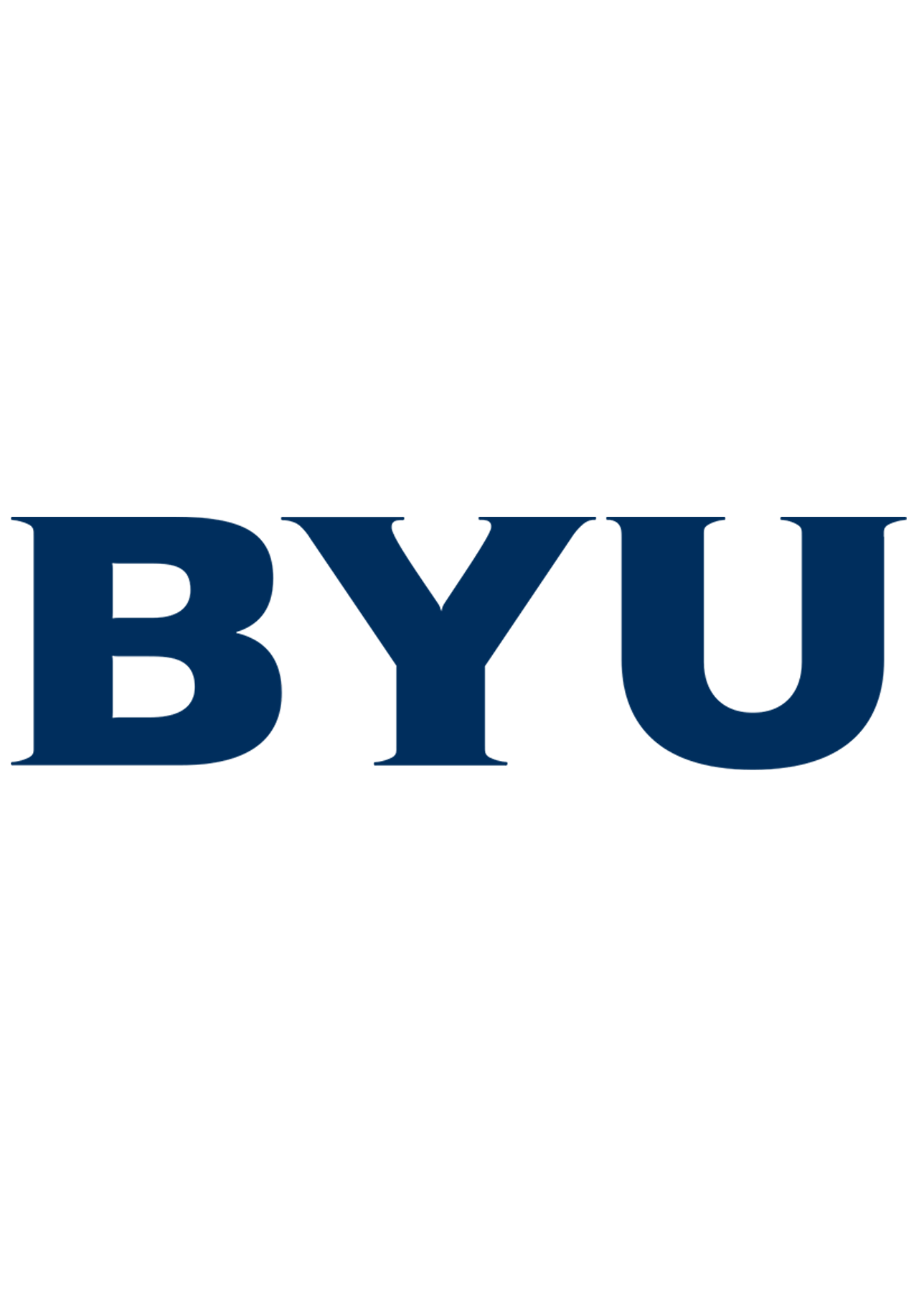
BYU Marriott School of Business
Intelligent Score: 98.43In-state: $5,970
Out-of-state: $5,970
In-state: $7,510
Out-of-state: $7,510
SAT: 1200-1410
ACT: 26-32
$887
On-Campus
Association to Advance Collegiate Schools of Business
64
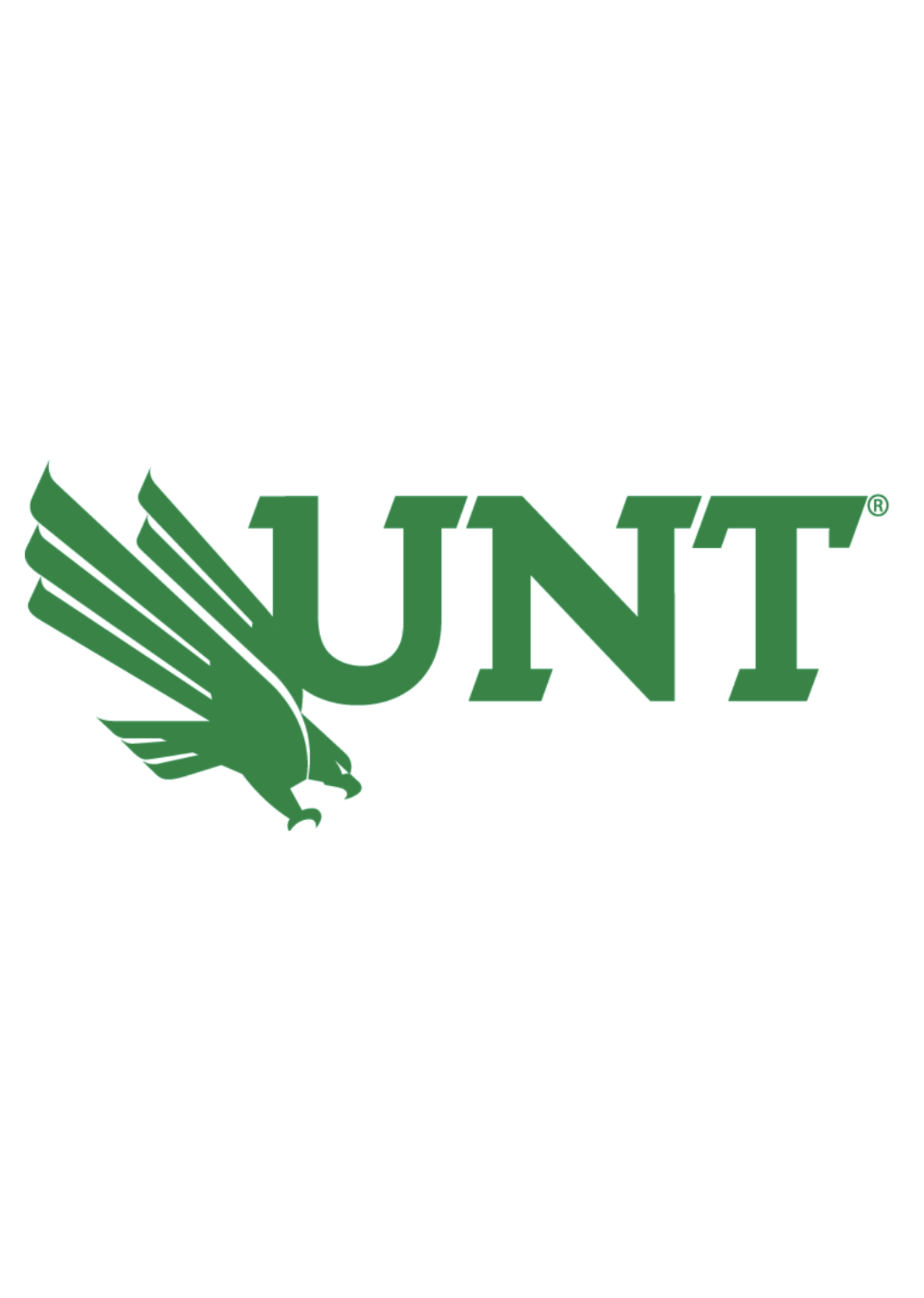
University of North Texas
Intelligent Score: 97.98In-state: $8,295
Out-of-state: $18,111
In-state: $6,350
Out-of-state: $6,350
SAT: 1050-1240
ACT: 20-27
In-State: $477
Out-of-State: $897
On-Campus, Online
Association to Advance Collegiate Schools of Business
36

Vanderbilt University
Intelligent Score: 97.32In-state: $52,781
Out-of-state: $52,781
In-state: $50,082
Out-of-state: $50,082
SAT: 1470-1570
ACT: 33-35
$2,209
On-Campus
Association to Advance Collegiate Schools of Business
47

University of Wisconsin
Intelligent Score: 97.25In-state: $9,273
Out-of-state: $37,161
In-state: $10,728
Out-of-state: $10,728
SAT: 1260-1460
ACT: 27-32
In-State: $1,039
Out-of-State: $1,948
On-Campus
Association to Advance Collegiate Schools of Business
52
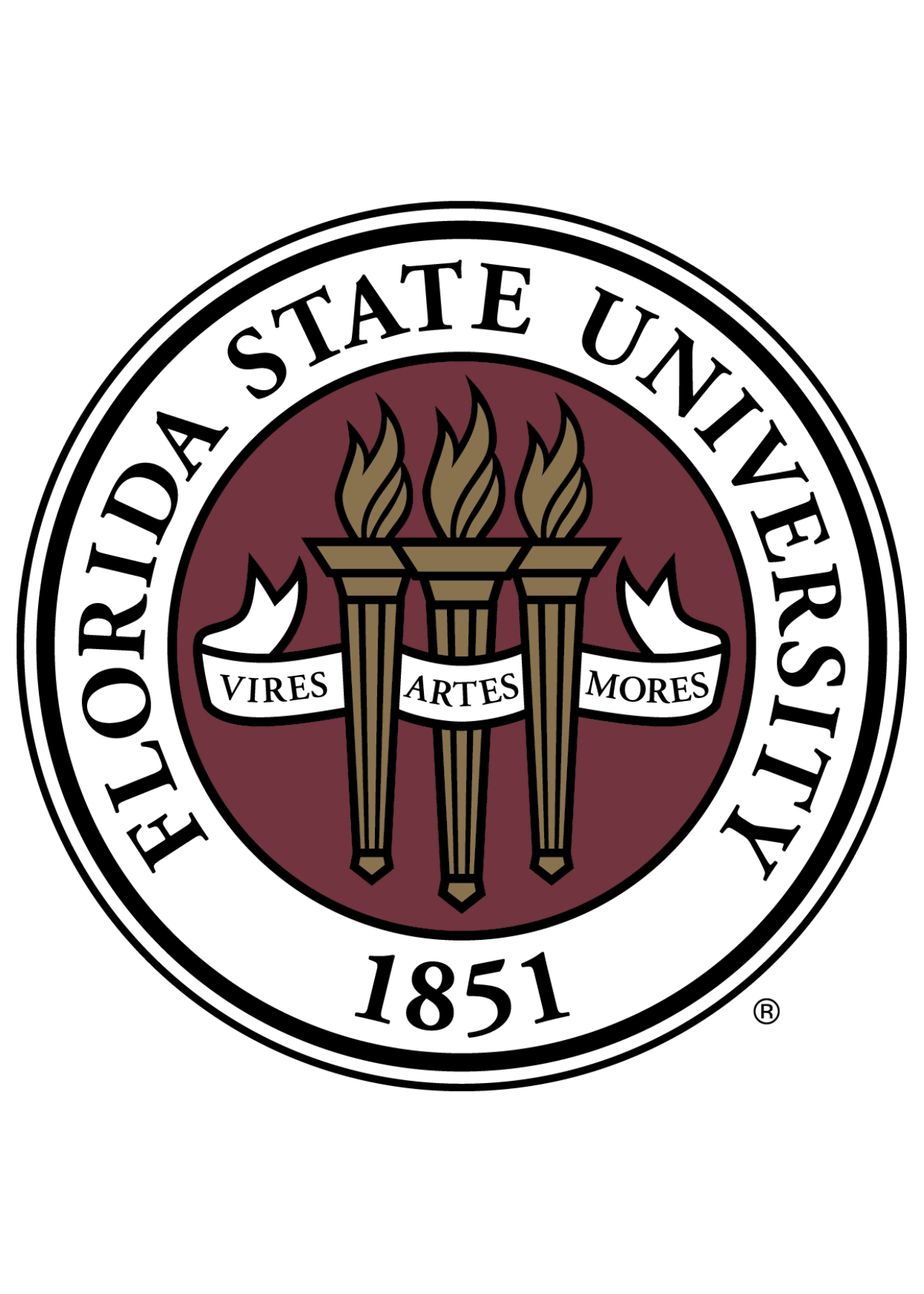
FSU College of Business
Intelligent Score: 96.44In-state: $4,640
Out-of-state: $19,084
In-state: $9,684
Out-of-state: $9,684
SAT: 1220-1350
ACT: 27-31
In-State: $479
Out-of-State: $1,110
On-Campus, Online
Association to Advance Collegiate Schools of Business
39

University at Albany
Intelligent Score: 95.63In-state: $7,070
Out-of-state: $16,980
In-state: $11,310
Out-of-state: $11,310
SAT: 860-1060
ACT: N/A
In-State: $762
Out-of-State: $1,174
On-Campus, Online
Association to Advance Collegiate Schools of Business
30-56
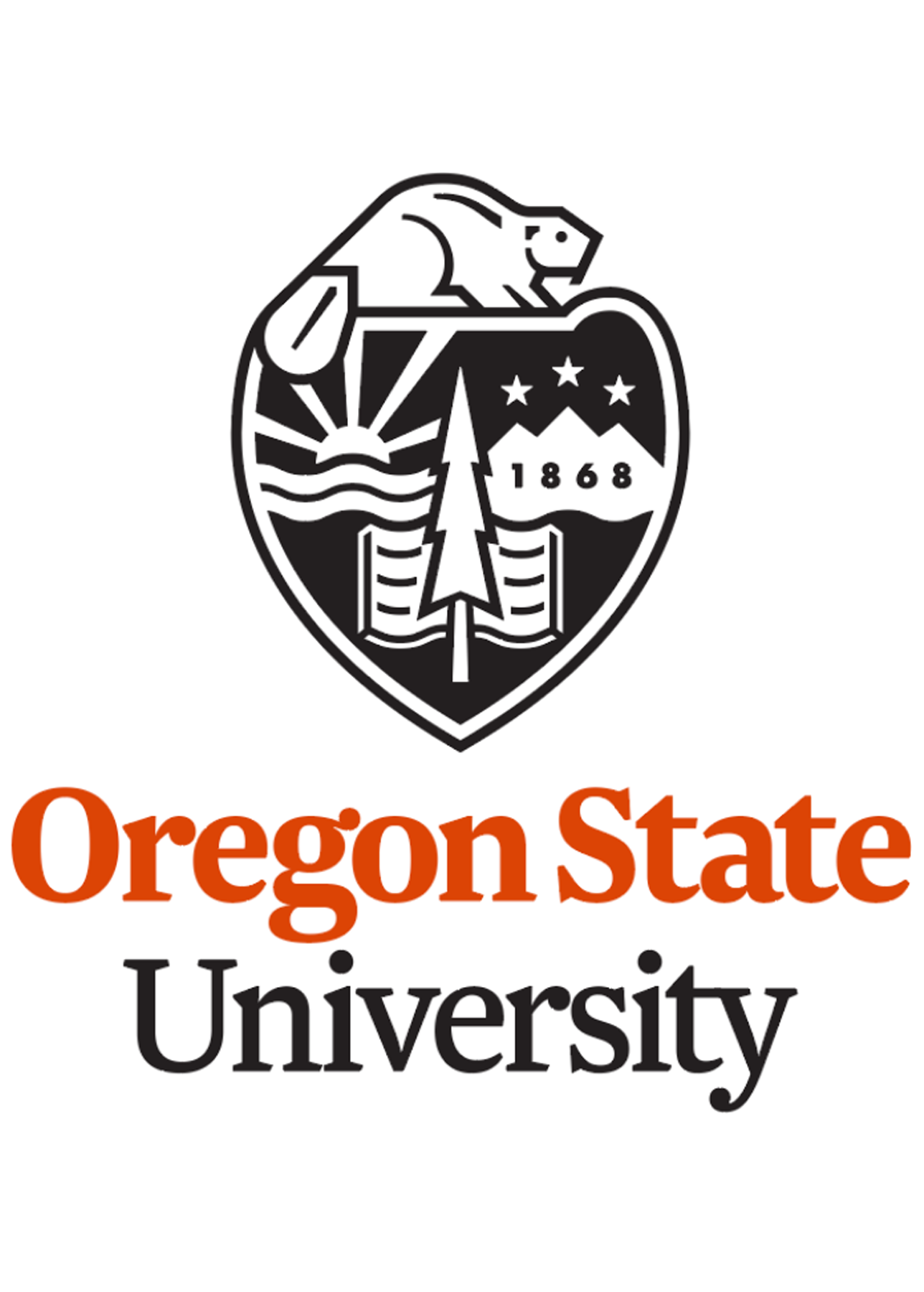
Oregon State University
Intelligent Score: 93.51In-state: $9,846
Out-of-state: $29,445
In-state: $13,257
Out-of-state: $13,257
SAT: 1080-1310
ACT: 21-29
Resident: $806
Non-Resident: $1,519
On-Campus, Online
Association to Advance Collegiate Schools of Business
60
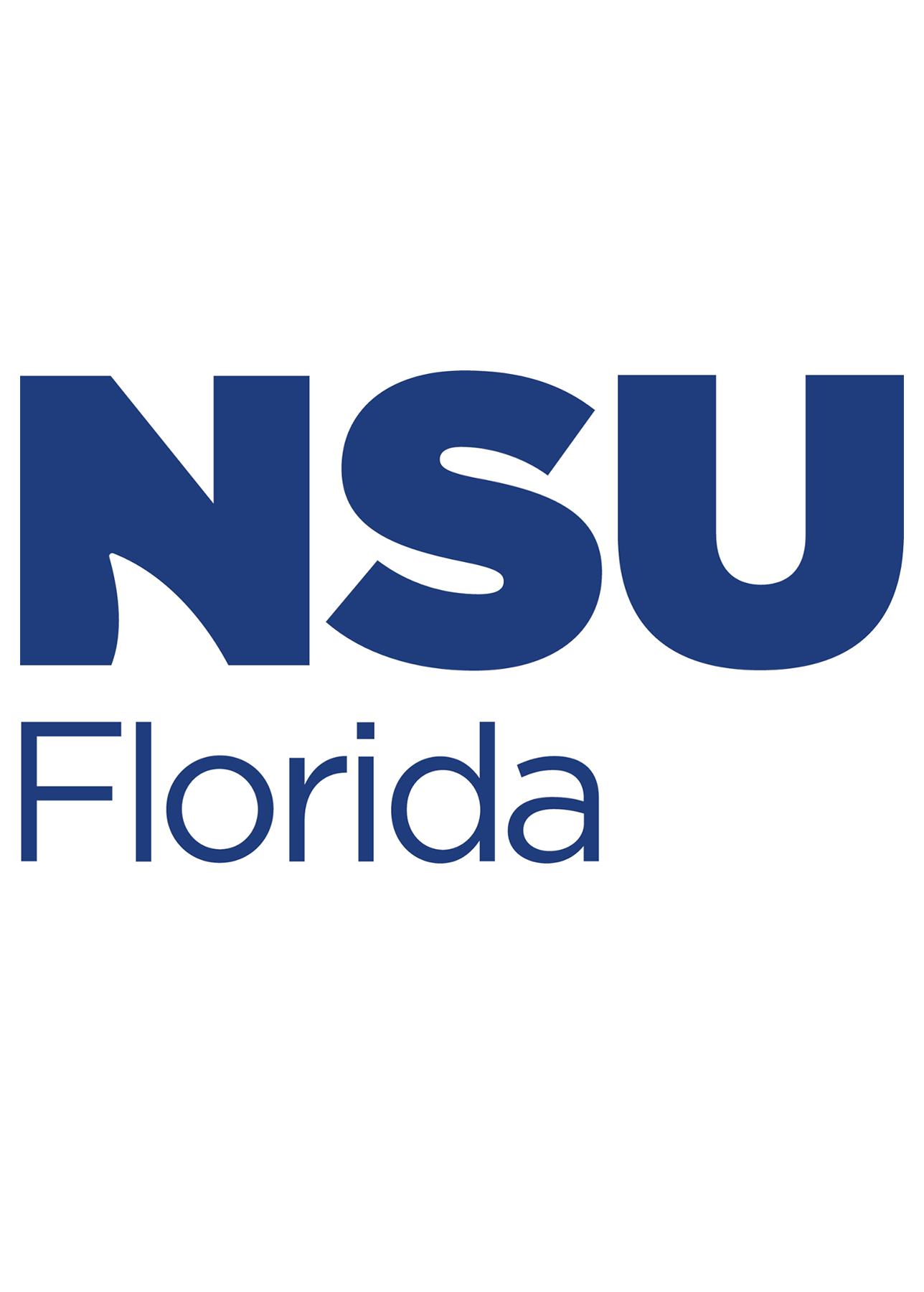
Nova Southeastern University
Intelligent Score: 92.4In-state: $32,370
Out-of-state: $32,370
In-state: $20,618
Out-of-state: $20,618
SAT: 1030-1240
ACT: 20-27
$1,350
On-Campus, Online
Association to Advance Collegiate Schools of Business
40-49
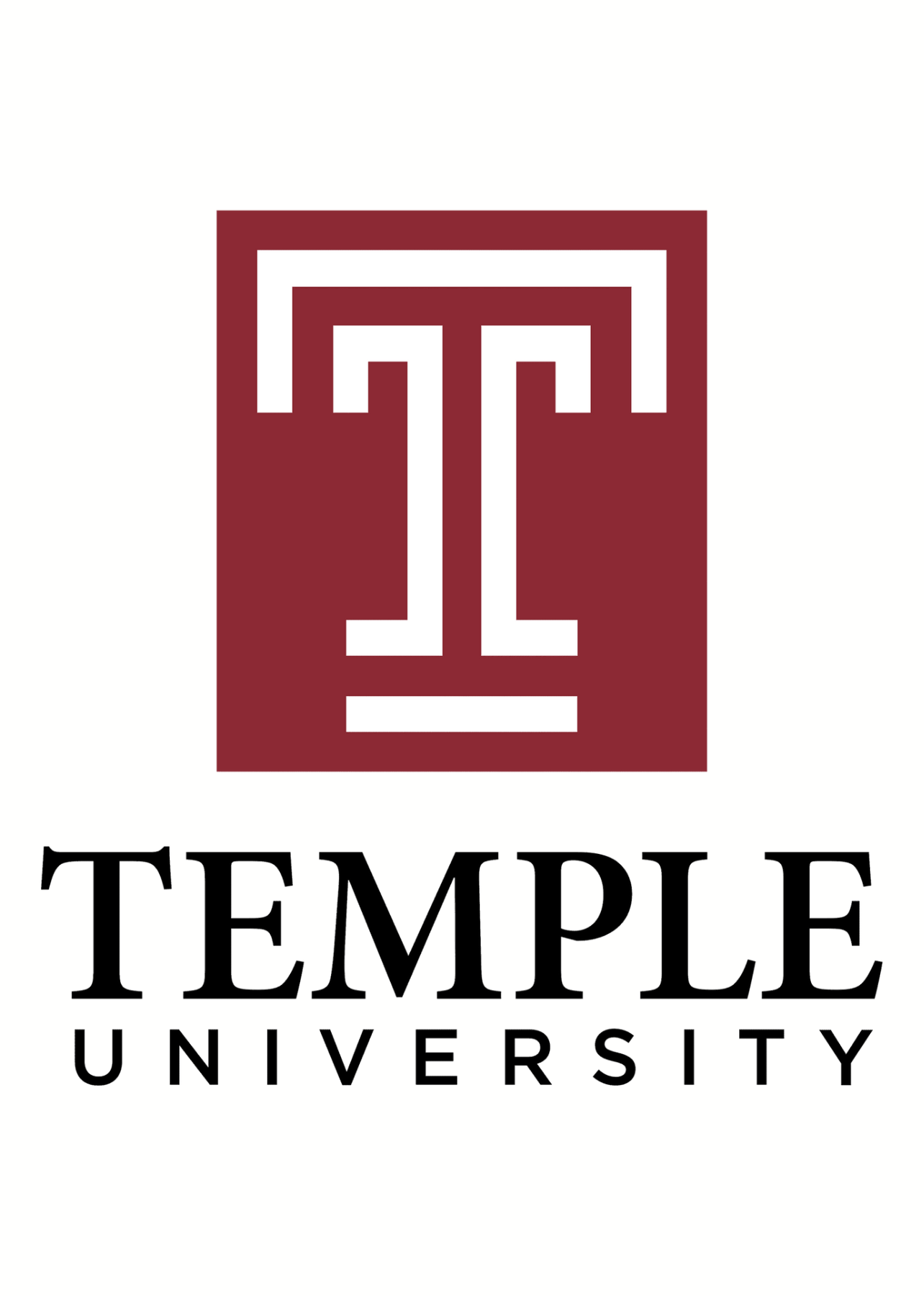
Temple University
Intelligent Score: 91.44In-state: $16,080
Out-of-state: $28,992
In-state: $16,956
Out-of-state: $16,956
SAT: N/A
ACT: N/A
$1,250
On-Campus, Online
Association to Advance Collegiate Schools of Business
48

Adelphi University
Intelligent Score: 91.38In-state: $39,820
Out-of-state: $39,820
In-state: $42,450
Out-of-state: $42,450
SAT: 1060-1250
ACT: 21-27
$1,490
On-Campus, Online
Association to Advance Collegiate Schools of Business
33-51

University of New Mexico
Intelligent Score: 90.49In-state: $6,463
Out-of-state: $22,801
In-state: $5,920
Out-of-state: $5,920
SAT: 1030-1250
ACT: 17-25
$805 - $1,163
On-Campus, Online
Association to Advance Collegiate Schools of Business
43
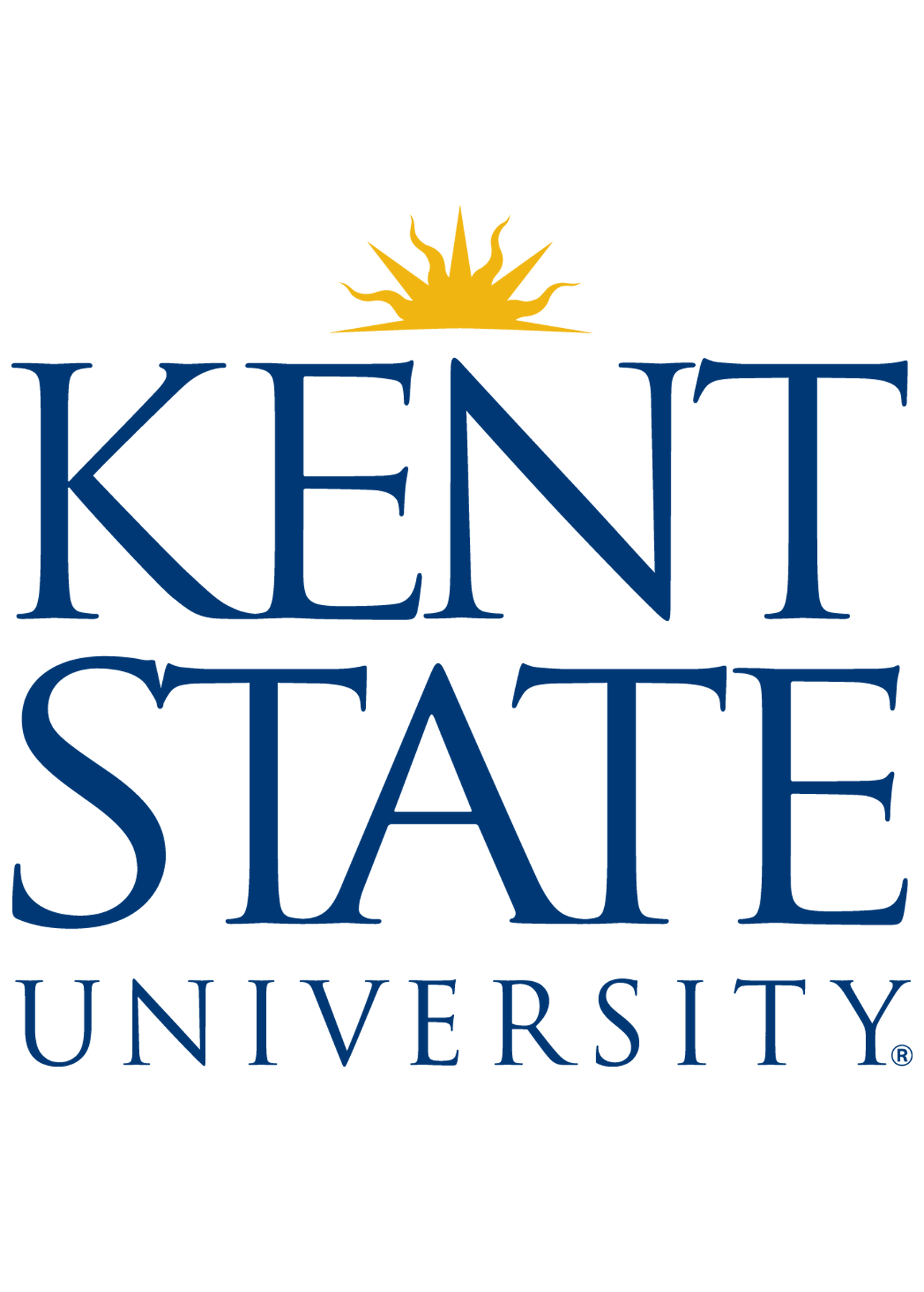
Kent State University
Intelligent Score: 89.72In-state: $10,810
Out-of-state: $19,686
In-state: $11,766
Out-of-state: $11,766
SAT: 1020-1210
ACT: 20-26
$571
On-Campus, Online
Association to Advance Collegiate Schools of Business
37

University of Houston - Clear Lake
Intelligent Score: 86.46In-state: $23,230
Out-of-state: $36,526
In-state: $29,984
Out-of-state: $29,984
SAT: 990-1173
ACT: 18-23
In-State: $420
Out-of-State: $954
On-Campus
Association to Advance Collegiate Schools of Business
36
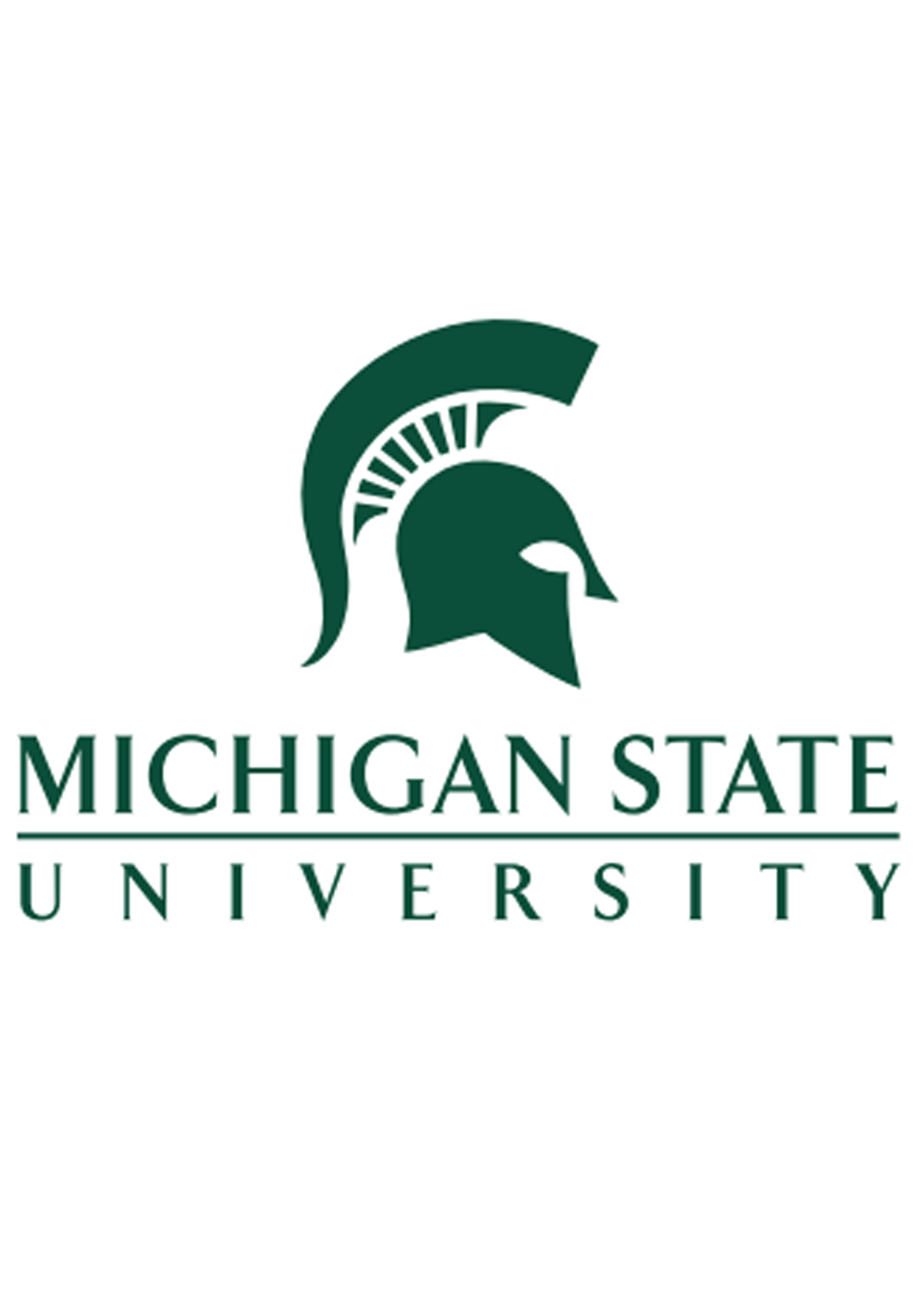
Michigan State University
Intelligent Score: 84.59In-state: $15,555
Out-of-state: $40,384
In-state: $18,858
Out-of-state: $18,858
SAT: 1100-1300
ACT: 23-29
In-State: $564
Out-of-State: $895
On-Campus
Association to Advance Collegiate Schools of Business
30-68

Concordia University Wisconsin
Intelligent Score: 82.05In-state: $32,660
Out-of-state: $32,660
In-state: $9,090
Out-of-state: $9,090
SAT: 990-1180
ACT: 19-25
$699
On-Campus
Association to Advance Collegiate Schools of Business
36
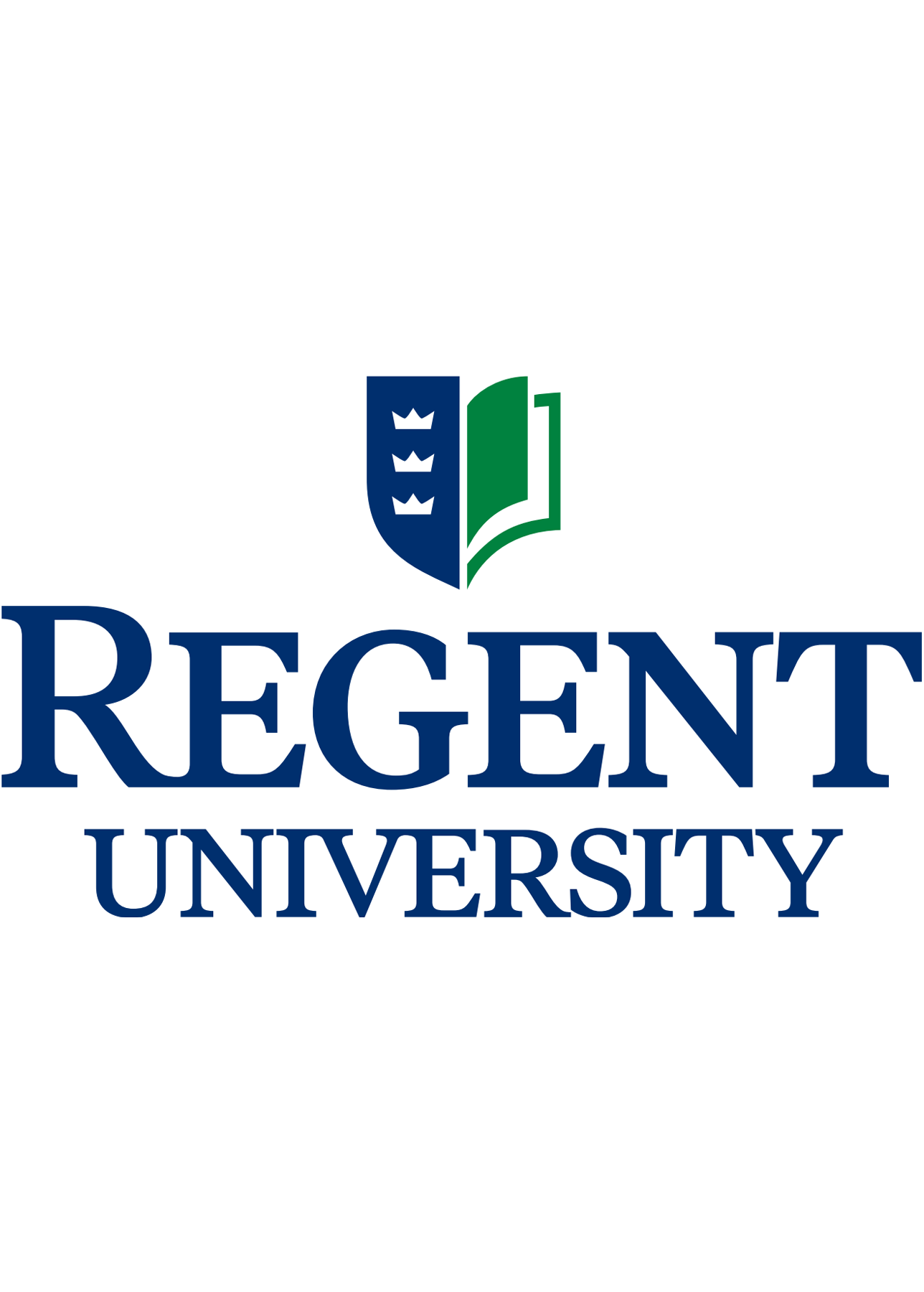
Regent University
Intelligent Score: 81.61In-state: $17,220
Out-of-state: $17,220
In-state: $15,552
Out-of-state: $15,552
SAT: 940-1220
ACT: 21-29
$695
On-Campus, Online
Accreditation Council for Business Schools and Programs
42
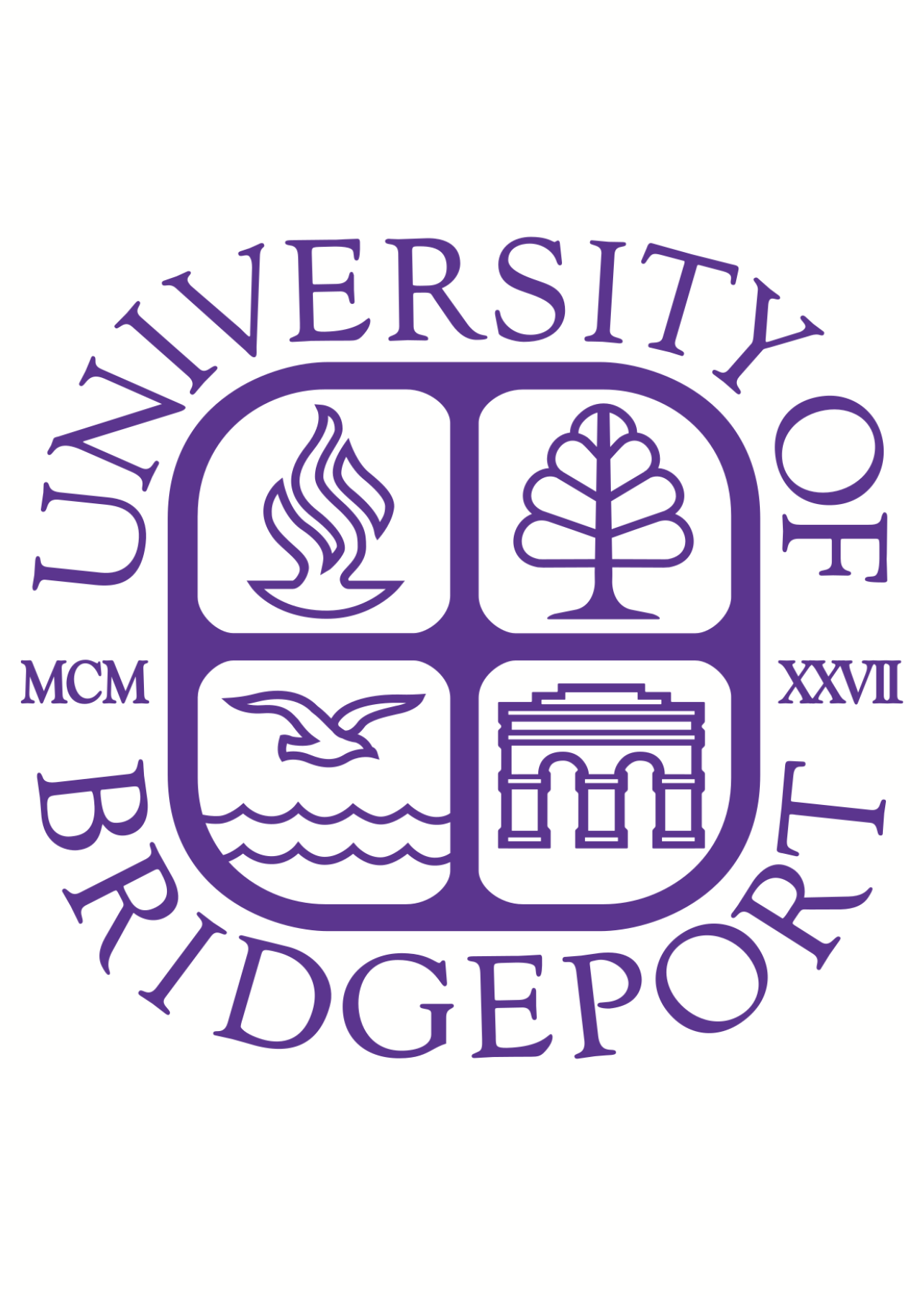
University of Bridgeport
Intelligent Score: 80.94In-state: $32,860
Out-of-state: $32,860
In-state: $19,096
Out-of-state: $19,096
SAT: 920-1130
ACT: 17-22
$780
On-Campus
Association to Advance Collegiate Schools of Business
36

Saint Leo University
Intelligent Score: 80.52In-state: $23,990
Out-of-state: $23,990
In-state: $14,568
Out-of-state: $14,568
SAT: N/A
ACT: N/A
$650
On-Campus
Association to Advance Collegiate Schools of Business
36
How to Choose an MBA in Human Resources Program
Choose your area of study
Choosing a specialized area within your MBA in human resources is crucial for aligning your education with your career goals, as it allows for more profound expertise in a niche field.
These options might include organizational development for those interested in shaping company culture and improving employee performance; talent acquisition, ideal for individuals passionate about recruiting and retaining top talent; or compensation and benefits, suited for those keen on developing fair and competitive compensation systems.
Selecting a focus area will enable you to customize your learning experience — potentially making you more attractive to employers seeking specialized skills.
Research schools and programs
Now that you have a specialization in mind, you can leverage that to pinpoint MBA programs that best suit your career goals. By focusing on schools that offer courses and experiential learning opportunities in your area of interest, you can ensure your education directly contributes to your professional aspirations.
To guide your research further, consider the following questions:
- Are there opportunities for practical learning, such as internships or capstone projects?
- What’s the faculty’s expertise in my chosen specialization?
- How does the program’s alumni network support careers in this specialization?
The best research can be conducted through program websites, speaking directly with admissions counselors, and participating in open houses and information sessions.
Prepare for tests and applications
To best prepare for MBA applications, you’ll need to start early. Securing essential application items — like letters of recommendation and official transcripts — can be time-consuming. You will also want to dedicate ample effort to writing your personal statement, as this is a unique opportunity to convey your goals and personality to the admissions committee.
Consider enrolling in a test prep course for programs requiring GMAT or GRE results to improve your scores. It’s worth noting there are many MBA programs that don’t require GMAT scores, though.
By taking this approach, you can meet application deadlines comfortably while strengthening your application — illustrating your dedication and readiness for graduate-level learning.
Select your program
You may receive multiple acceptance letters if you submit multiple applications. This is an excellent time to revisit your initial research criteria, focusing on what’s most important to you — whether it’s specialized courses, faculty experience, or networking opportunities. You’ll also want to consider each program’s total cost of attendance and explore financial aid options to ensure your decision is affordable.
Determine how you’ll pay for your degree
To finance your MBA in human resources without accruing significant debt, you’ll first want to explore scholarships and grants, as these do not require repayment. Though grants are more common for undergraduates, some graduate programs offer them.
Assistantships, which provide a stipend and sometimes tuition remission in exchange for research or teaching, are another excellent funding option for graduate students. Additionally, ask your employer about tuition reimbursement options, especially if you plan to remain with the company post-graduation.
If you’re left with financial gaps, seek federal loans to bridge the gap. These are often preferable to private loans for their lower interest rates and more flexible repayment terms.
What Can You Expect From an MBA in Human Resources Program?
An MBA in human resources will prepare you to become a leader in efficient workforce management. In these programs, learners delve into strategic workforce planning, employee relations, compensation and benefits, and organizational behavior.
Programs typically span 18 months to two years, combining theoretical knowledge with practical application through case studies and projects. While some MBA HR programs include capstone courses focusing on real-world issues and strategic management solutions or internships to gain hands-on experience, these components are less common than other MBA specializations.
Upon graduation, you’ll possess a holistic understanding of how human resources contributes to an organization’s success, with the skills to manage teams, resolve conflicts, and drive organizational change.
Potential courses you’ll take in an MBA in human resources program
- Human Resources Management: Although the name may vary, many programs include a version of this course in their curriculums. During this course, students explore how HR strategies align with overall business strategies to improve organizational performance. Topics frequently include workforce planning, talent management, and how to create competitive advantage through people.
- Organizational Behavior: Offering insights into human behavior within organizations, this course covers leadership, team dynamics, and motivation. It provides students with strategies for improving workplace culture and employee satisfaction.
- Compensation and Benefits: This course focuses on designing and managing compensation systems that attract and retain talent. Students learn about salary structures, incentives, benefits, and the impact of these components on employee behavior and organizational performance.
- Employment Law: In this course, students delve into the legal aspects of managing employees, covering laws related to discrimination, labor relations, and workplace safety. The course also emphasizes ethical decision-making in HR practices.
MBA in Human Resources Degree Frequently Asked Questions
How do I apply to an MBA in human resources degree program?
You’ll need to navigate a series of admissions requirements to apply for an MBA in human resources. While this criteria can vary by institution, many share similar requirements as follows:
- A bachelor’s degree in business, psychology, or a related field
- Relevant work experience
- Professional or academic letters of recommendation
- A personal statement outlining your career goals and reasons for pursuing this degree
- GMAT or GRE scores, although some programs may offer waivers for meeting a certain GPA
Given the competitive nature of MBA admissions, it’s essential to ensure your application is comprehensive and reflects your strengths. Contacting an admissions counselor before applying can provide personalized advice and clarify any program-specific requirements, significantly improving your application’s potential for success.
How much does an MBA in human resources degree cost?
The cost of these degrees can vary significantly by institution. However, for the 2020-2021 academic year, the average graduate program tuition was $19,749. This figure can vary depending on the institution’s reputation, whether you qualify for in-state tuition, and geographic location.
In addition to tuition, you’ll want to consider extra costs such as books, supplies, accommodation, and living expenses. These expenses can add up over time and often aren’t reflected in the school’s tuition price, so budgeting for them in advance is crucial.
How long does it take to earn an MBA in human resources degree?
Earning this degree usually takes 18 months to two years for full-time students. Since part-time students take a lighter course load each semester, they generally take longer to complete degree requirements — usually three to four years.
While full-time enrollment allows for quicker completion and a more immersive experience, it’s important to note that it demands a significant time commitment, potentially limiting your ability to work simultaneously. Part-time enrollment makes that more possible, but it will take longer to complete.
Keep in mind the number of required credits, as this can vary by institution. Generally speaking, the more credits required, the longer it will take to graduate.
